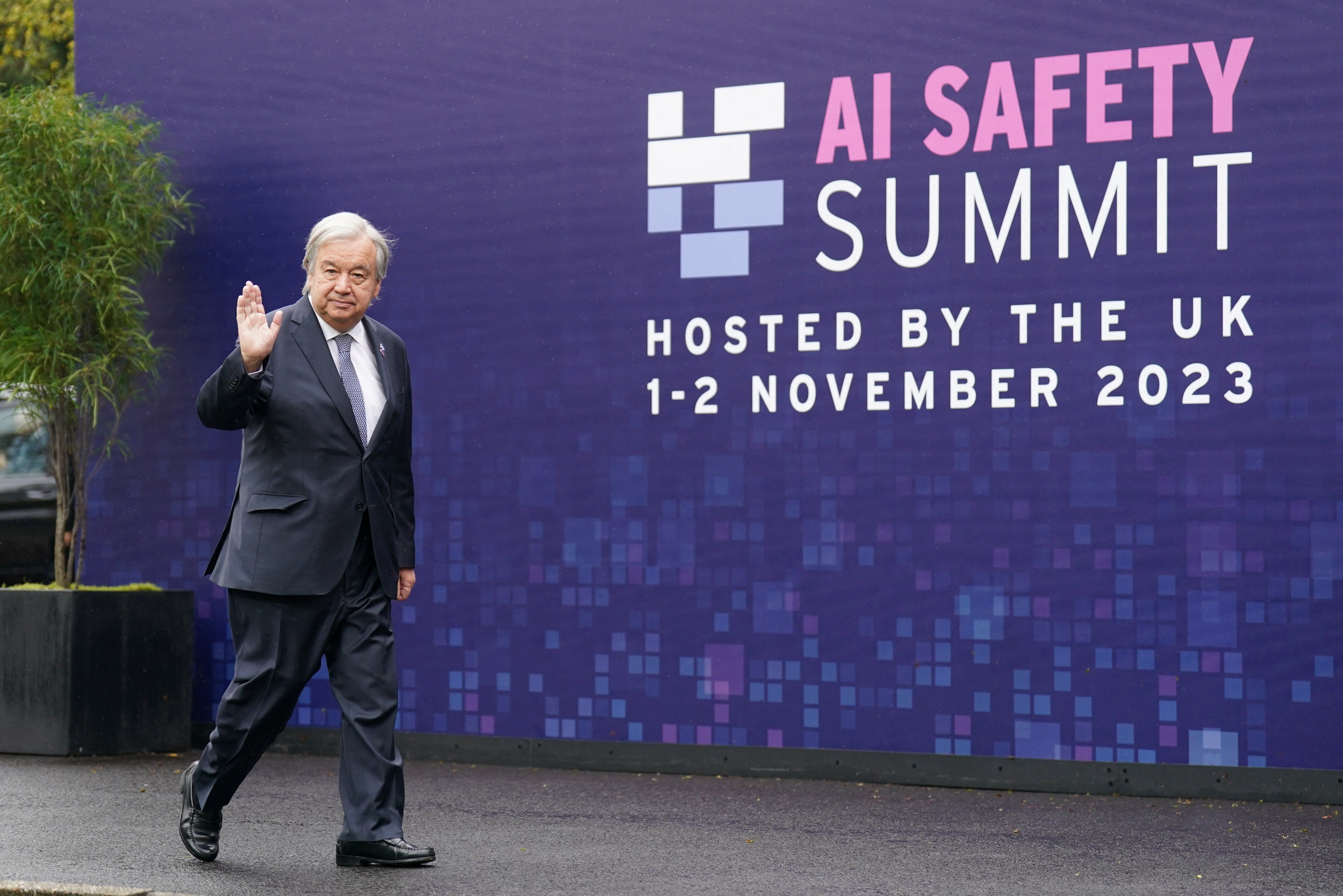Last week, UN Secretary-General António Guterres announced the creation of a new advisory body to tackle AI. The group has 38 members, including government officials and industry executives, and will be co-chaired by Google’s James Manyika and Carme Artigas, Spain’s official in charge of AI.
In a speech at the UK summit, Guterres said the group’s first task will be “to examine models of technology governance that have worked in the past, with a view to identifying forms that could work for AI governance now and in the future.”
Those findings will be released in a preliminary report by the end of this year — with a final report expected next year. With nearly every major international body, it seems, recognizing the need for AI regulation, the UN doesn’t want to get left behind. That said, the UN has plenty of experience reining in the use of dangerous technology, such as nuclear and chemical weapons, but much less authority on the threats posed by powerful or rogue software.


















